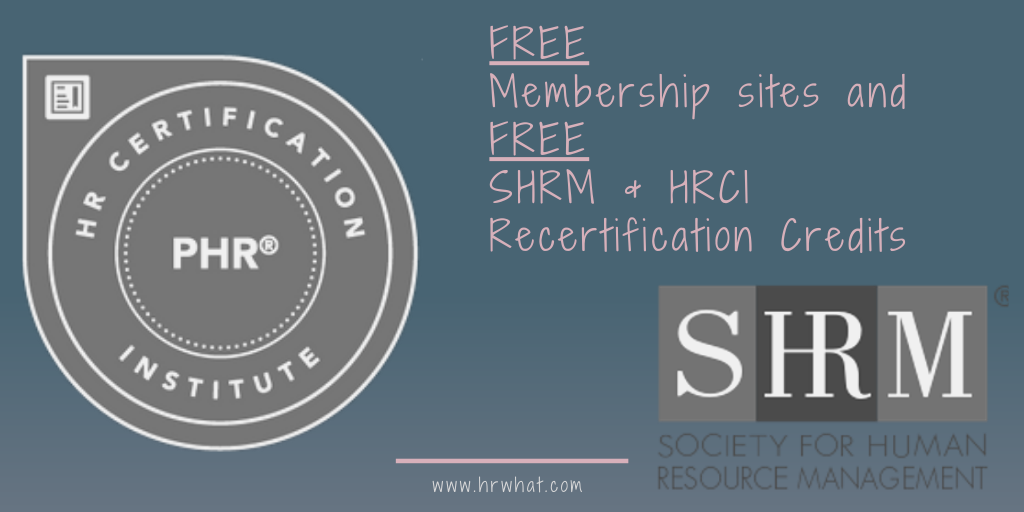HR What, an Inspired Visions brand, is a participant in the Amazon Services LLC Associates Program and others. This post may contain affiliate links. We may earn money or products from the companies mentioned in this post. This is what keeps my blog in motion!
I am working on a new project that focuses on putting the ‘human’ back in human resources. While I don’t want to spoil you with project specifics, this information is relatable to my project. I hope you will find it very helpful in your personal and professional lives! In my personal and professional opinion, Interpersonal Savvy is hands down the most important competency to have in order to be ‘human’. So, what is this term interpersonal savvy exactly? How does this relate to putting the ‘human’ back in human resources? Why is ‘human’ in quotes and competency slanted? Let’s look at the real-world definitions of ‘human’ and resources first.

Defining Human & Resources
I found the definitions listed at dictionary.com to be simple.
Human: adjective
- of, pertaining to, characteristic of, or having the nature of people
- consisting of people
- of or relating to the social aspect of people
- sympathetic;
I think we can all agree that the definition of human is all about people. In addition, being sympathetic and having a human understanding is also about people. Some would say being empathetic in the HR world as well. Let’s define the word resources.
Resources: noun
- a source of supply, support, or aid, especially one that can be readily drawn upon when needed…
- …an action or measure to which one may have recourse in an emergency; expedient…
- …capability in dealing with a situation or in meeting difficulties
There are so many definitions of resources. I listed the ones that relate to the human resources (HR) function. Words that jump out to me as an HR professional are: support, aid, action, emergency, expedient, situation, difficulties. How is human resources defined?
Human Resources: noun
- (used with a plural verb) people, especially the personnel employed by a given company, institution, or the like.
- (used with a singular verb) human resources department.
The human resources definition is rather blah. However, it is the two words separately that really describe HR when you combine the definitions.
“The people in a department of a company who aid in the recruitment, development, and succession of employees; take expedient action in emergency situations as well as difficult ones; support, take action and measure business results; and be a source ready when needed for the business and all its’ employees. “
My definition 🙂
So, what does the competency interpersonal savvy have to do with this? EVERYTHING!
Interpersonal Savvy
Instead of defining this in terms of the dictionary, it is best to do so in terms of competencies since many companies use them as hiring and performance management tools. Yes, I understand, nobody likes competencies…I get it! However, I have learned throughout my HR career that if you really take the time to learn and define the roles using these, it can make a difference. Competencies really open your eyes to various things: the skills you are looking for in a position; the development you need to get to the next level; and help in understanding others in their roles.
In my role, I have spent lots of time on competencies. These are becoming more common when it comes to defining what is necessary for various positions within organizations as well as how companies identify what they want in all their employees. When you break it all down, it really makes sense even though the term itself is a bit scary and many think…complicated.
Definition of Interpersonal Savvy
“Relating openly and comfortably with diverse groups of people.”
Definition from Korn Ferry Leadership Architect

Do you think? We are in a world where relationships are very important not only in the workplace but also in our personal lives. With the emergence of social media in all forms and the popularity of remote and flexible work opportunities, the human aspect has been dwindling and it doesn’t have to be that way!
We all must work harder to be more human! We all need to be more relatable and work on understanding others. Why? Because it goes a long way in the workforce as well as our personal relationships. It is important in gaining trust, being heard, and building friendships and/or relationships. If you work in HR or Management in general, these factors are important. When it comes time to have difficult conversations with others (when necessary of course), having interpersonal savvy goes a long way. Let me tell you about the best tool for competency development…Korn Ferry.
What is Korn Ferry Leadership Architect?
When it comes to competencies I believe Korn Ferry wrote, what I like to call, the competency bible. It defines 59 different competencies. From easy to understand definitions and quotes to stories (ok case studies) to help with understanding exactly what these competencies are.
Those SKILLED in interpersonal savvy are those who:
- Relate comfortably with people across all levels, functions, culture, and geography;
- Acts with diplomacy and tact;
- Builds a rapport in an open, friendly, and accepting way;
- Builds constructive relationships with people both similar and different to self; and
- Picks up on interpersonal group dynamics.
They also have other skill levels as Less Skilled, Talented, and Overused. Each area defines what those levels mean and a slew of tips on how to develop and/or tame your Interpersonal Savvy! Korn Ferry has tons of information in different relatable ways…click on the pics below to learn more!



Let’s Summarize
- What is this term interpersonal savvy exactly?
- The ability to build constructive relationships with everyone by being relatable.
- How does this relate to putting the ‘human’ back in human resources?
- Humans are people, employees are people, human resource professionals need to be relatable to people by building relationships. Only then can we put the ‘human’ back in human resources.
- Why is ‘human’ in quotes?
- Obvious ‘human’ is in human resources. However, is the department really building relationships? Do employees feel comfortable to visit HR? Or will they think its a waste of time?
- Why is competency slanted?
- Competency is a term that many fear because it seems complicated. It is another tool that creates more work for many in recruiting and performance management. If we explain and train, this word will be embraced and all can learn both personally and professionally.
People are human and being human is being sympathetic, empathetic and ultimately drives business. If there are no people, there is no business. Recruiting and developing people as well as reviewing the performance of people cannot be done without knowing your people. It needs to be in a way that reflects honest and open communication and diplomacy and tact. Interpersonal savvy helps in managing conflict, builds networks, and collaboration with others. People need human interaction to function. Robots do not dish out work and/or assignments, people do.
Final Thoughts
So, when you are in management or work in a human resources (HR) department, it is important to get to know the employees. Let’s build rapport in an open, friendly and accepting way. Being skilled in interpersonal savvy will go a very long way not only for a positive career but life general.
I have worked really hard in my HR career to put the ‘human’ back in human resources. When I read through the interpersonal savvy framework, I find I am skilled-to-talented in this competency because I really work to get to know all employees in a company, not just those I have responsibility for. I encourage all to do the same!
FUN TIP: Have you noticed? The dynamics of the Human Resources department are changing. New departments reflect the titles: People Leader, Chief People Officer, People Development. Hmmm…
So, what does the interpersonal savvy have to do with this? EVERYTHING!
all the best…*judean*
Subscribe and stay plugged in! You will only hear from me once a month unless I have some awesome, outstanding news to share outside of my blog posts!







14 Comments
So important and nice to read about putting the human back in. I have been in organizations that invest in their employees vs. those that don’t. So glad to read your post on improving this.
Thank you for stressing the importance of being relatable and understanding of others! This benefits our personal and professional lives!
So love the concept of putting the ‘human’ back in human resources. Indeed relationships drive the world and workplace dynamics too.
Well said!
The world really is changing and things are moving toward a less personal workspace even though we know everything about someone on social media, or we see what that allow us to see… it is really making the world very disjointed and unconnected….ironically.
Agree and what you see on social media isn’t always what it really seems! We need to get back to being human – in all aspects!
I don not work in HR but found this interesting nonetheless. Thanks for sharing!
Thank you – Interpersonal savvy is for everyone! I think it works for personal relationships as well!
I love the ideal of putting the “human” back in human resources. As much as an oxymoron as it is, in most companies human resources is the most automated department.
Exactly, even when they aren’t it is what everyone thinks! If everyone just takes the time to get to know people – it would be a better place all around!
Your fun tip is right on point. I have noticed that HR titles are now changing. Interpersonal Savvy I like the change.
HA! You can’t change the term people! So, why not use it?
This is so important in business when it comes to employee retention and a low turnover rate! Business that focus on the ‘human’ in humans resources do so much better then those that strictly care about the numbers. When you care about both the numbers and the people performance and productivity increases.
Amen!